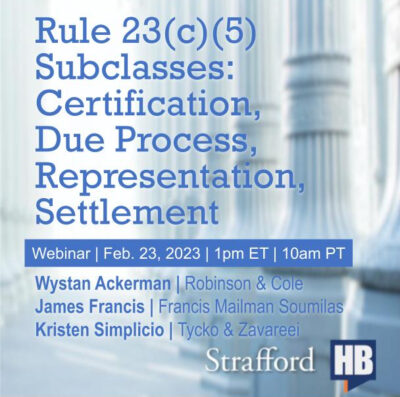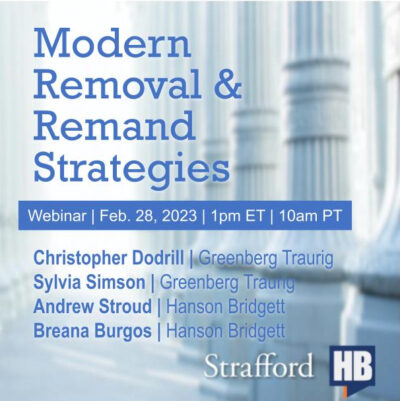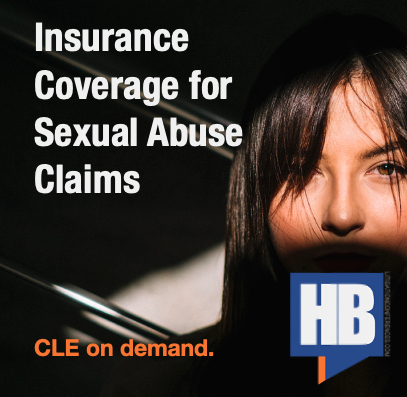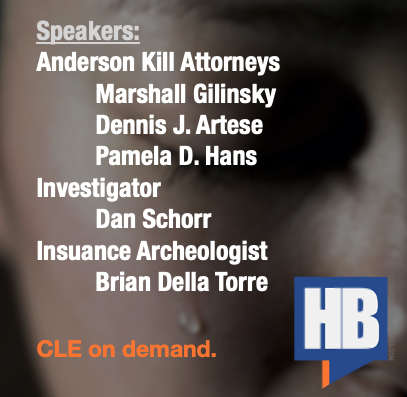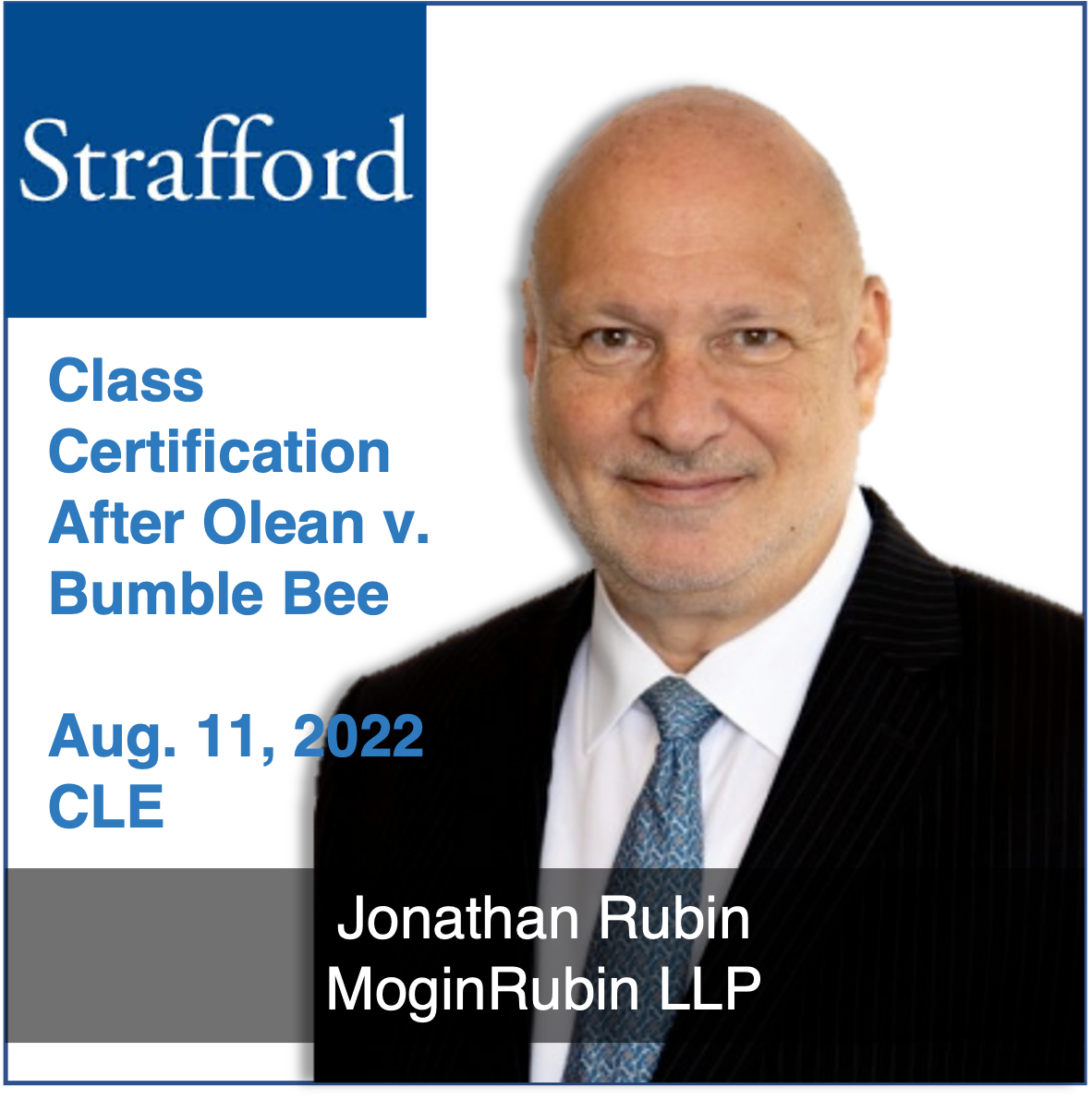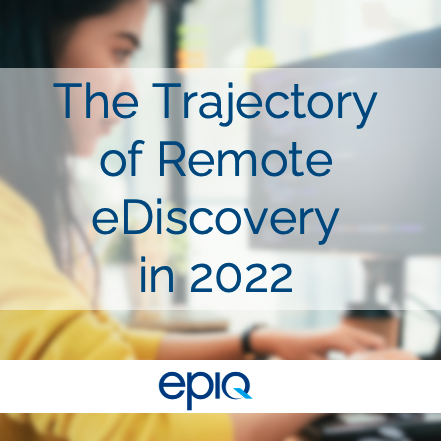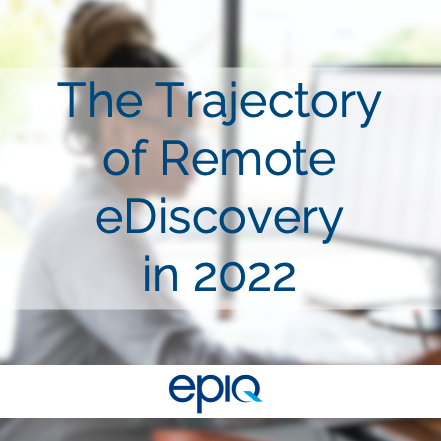Class Certification Evidence: Standards of Admissibility and Probative Value Among the Circuits
Class Certification Evidence What Are the Standards of Admissibility and Probative Value Among the Circuits? Numerous splits exist among the circuits on two key certification issues: What is required to prove the elements for class certification and whether plaintiff's certification evidence must be admissible. Further, courts apply different admissibility standards to fact evidence than to expert evidence. Certain courts have issued clear guidance on these important issues, while others have remained circumspect, sending mixed signals. This is particularly vexing for defendants, who may be sued in more than one district or circuit. What is sufficient for class certification in one jurisdiction may be inadequate in another. With standards unsettled, counsel must anticipate and preserve the right to revisit class certification by preserving all objections and the factual record. Listen as the panel of class action attorneys discusses the standards of admissibility of evidence at certification and best strategies for leveraging ambiguities. Questions Addressed How can defense counsel preserve objections to admissibility? How can counsel leverage the law of other circuits in jurisdictions with no controlling precedent? What does how a court assesses evidence imply about its view on admissibility standards? Webinar Outline Fact evidence Need not be admissible Must be admissible Ambiguous Expert evidence Full Daubert analysis Limited Daubert analysis Strategies for managing and leveraging the uncertainty A Strafford production specially selected [...]




